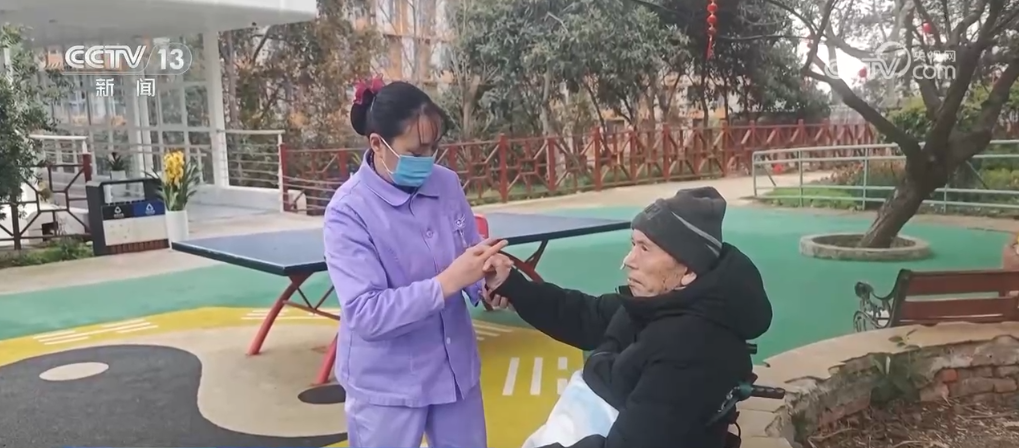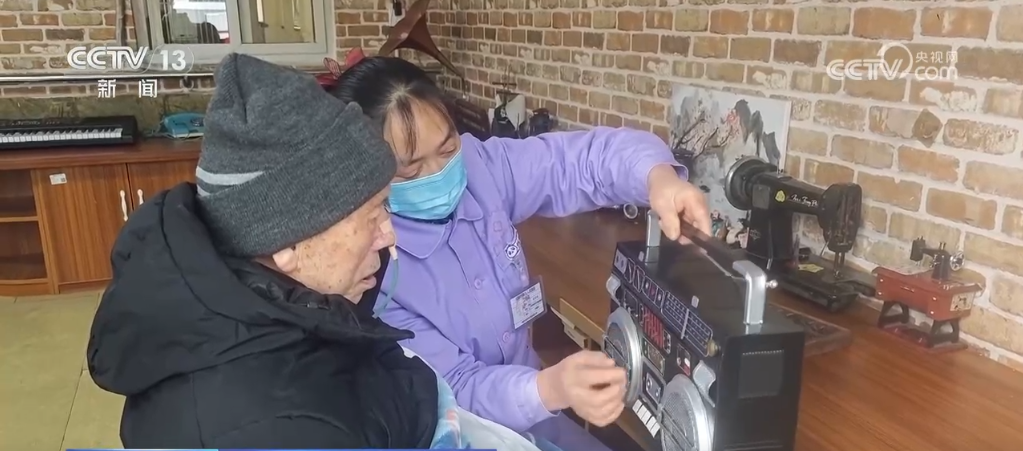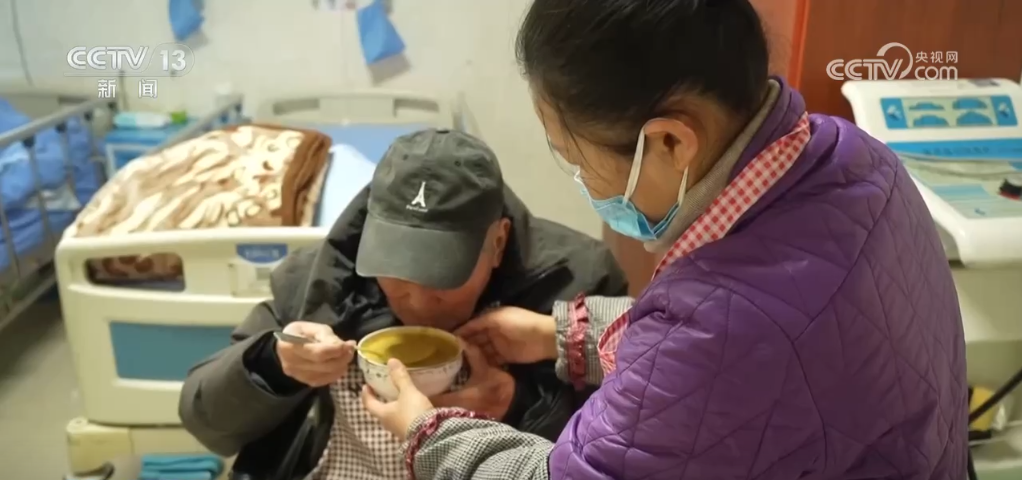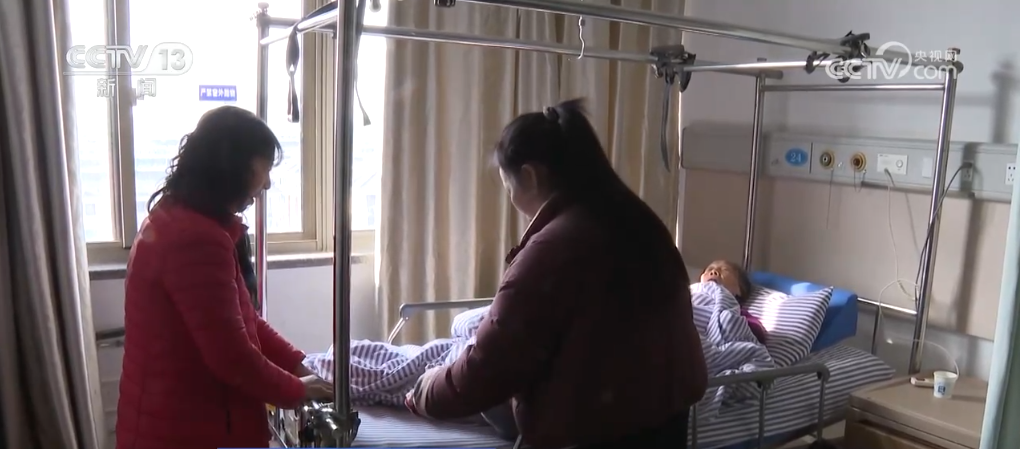CCTV News: Many people have had this experience, that is, "one person is hospitalized, the whole family is busy", which is a dilemma faced by many patients and families. In recent years, an emerging hospitalization method is being piloted in various places, that is, the "unaccompanied ward". The so-called "no care" is that the hospital arranges professionally trained nurses to accompany them, and the patient no longer needs his family to hire additional nursing staff. Can this new medical service model meet the care requirements of patients and their families? Next, let’s go to the “unaccompanied ward” to find out.
The hospital direct management: standardize the nursing staff and improve the quality of care

Nurser Wu Wenzhen has worked in the "unaccompanied ward" of Chengdu Eighth People's Hospital for 5 years. As a specialist nurse in the Department of Neurology, he has been rated as an outstanding nursing staff by the hospital many times. The elderly Peng Chuliang, who is accompanying her, is 88 years old this year. She suffers from Alzheimer's disease and severe malnutrition. Due to swallowing dysfunction, she has repeated lung infections and other diseases. Wu Wenzhen takes the elderly to do finger exercises every day to help maintain hand functions and help the elderly regain their memories through some old objects.

Like Wu Wenzhen, more than 520 nurses in the hospital have undergone rigorous pre-job training and continuous on-the-job education. The hospital has specialized nurses such as rehabilitation nurses and hospice care nurses. After the patient enters the "unaccompanied" ward, he shall undertake his living care services.
The professional nurses of the accompanying company are certified after being trained by the hospital

At Changxing County People's Hospital, Zhejiang Province, the nursing staff of the "unaccompanied ward" are employees of the third-party accompanying company who have passed the hospital training. Before they take up their jobs, they need to undergo hospital training, and the hospital will also supervise and assess their service quality, and charge "clearly price".
Some regions have included unaccompanied ward service fees in medical insurance

In October last year, the National Health Insurance Administration optimized and adjusted the nursing price policy and set up a new price project for "no-accompaniment care services". Pilots in various places show that compared with the caregivers being hired by the family themselves, the caregivers arranged uniformly by the hospital not only provide more professional services, but also reduces the costs. Taking Changxing County People's Hospital of Zhejiang Province as an example, the charging standards for "free care service" are: one-to-one service 200 yuan per day, one-to-two service 150 yuan per day, and one-to-three service 130 yuan per day. In the local area, the patient's family hires a nursing staff themselves, and the price of providing one-to-one services is generally between RMB 260 and RMB 350 per day. At present, Zhejiang, Fujian, Shandong and other places are promoting pilot projects of unaccompanied wards, and some regions have included unaccompanied ward service fees in medical insurance.